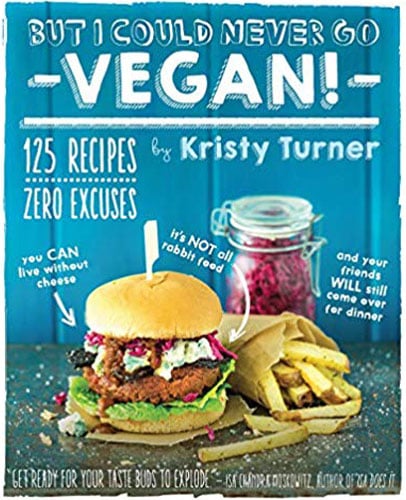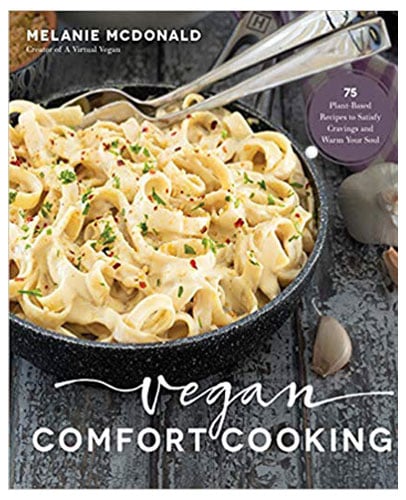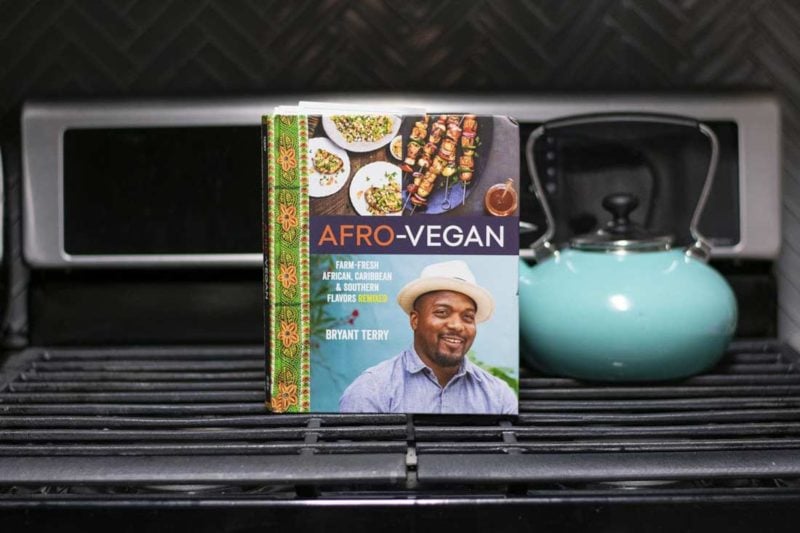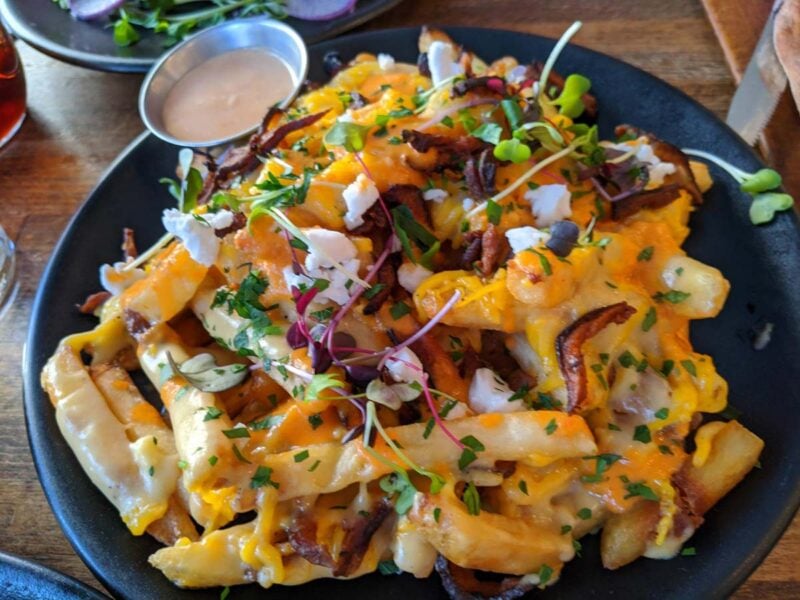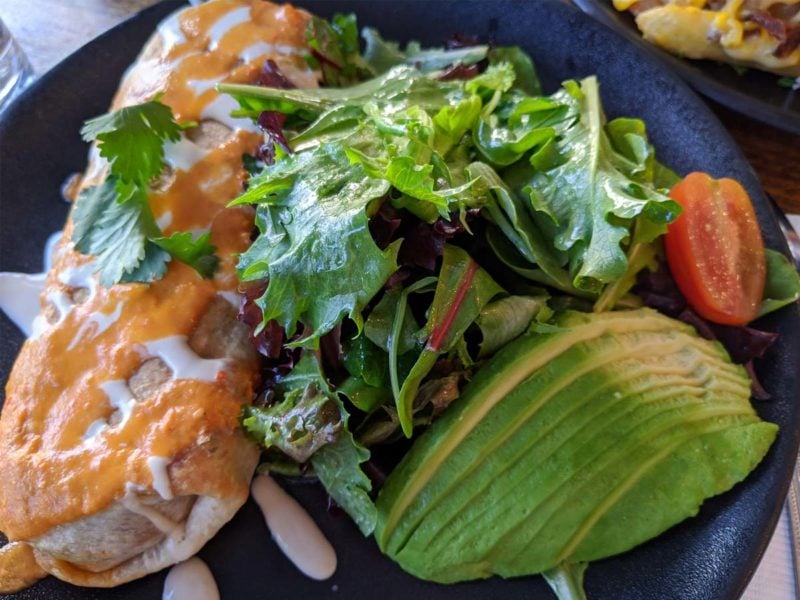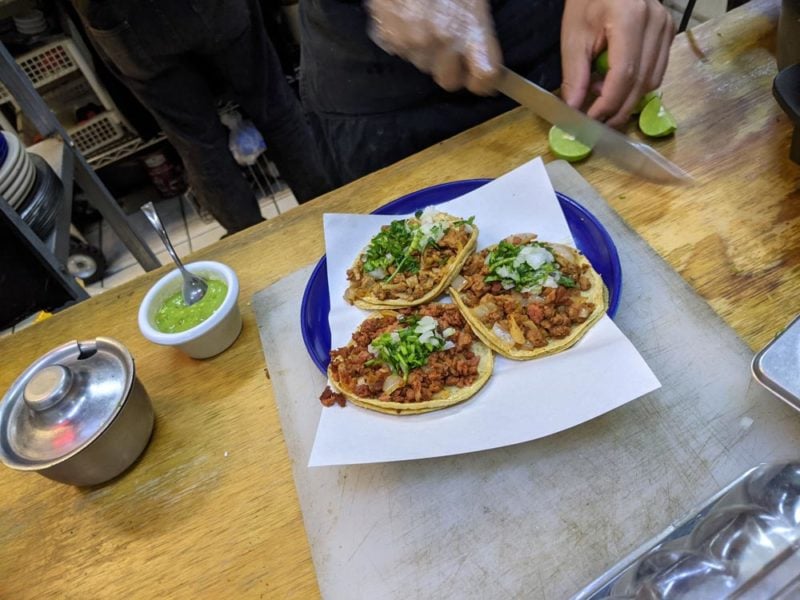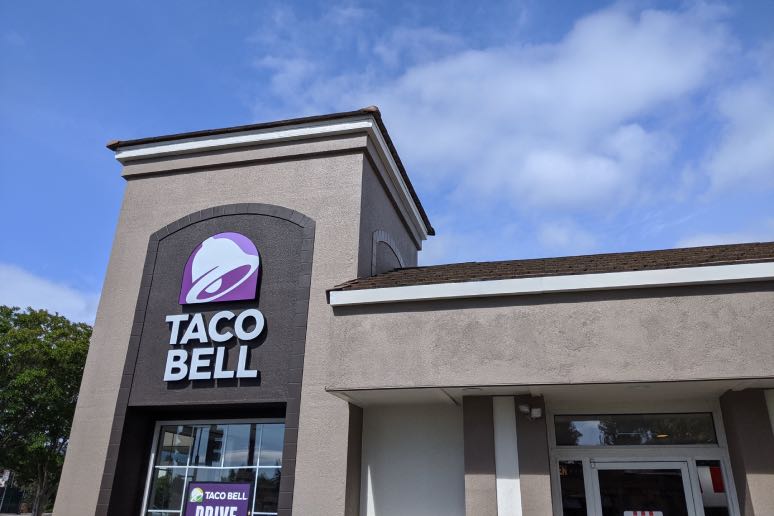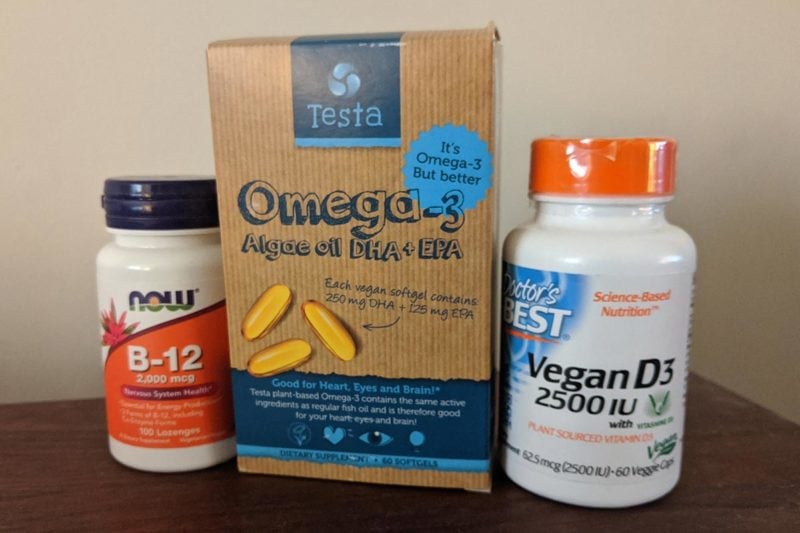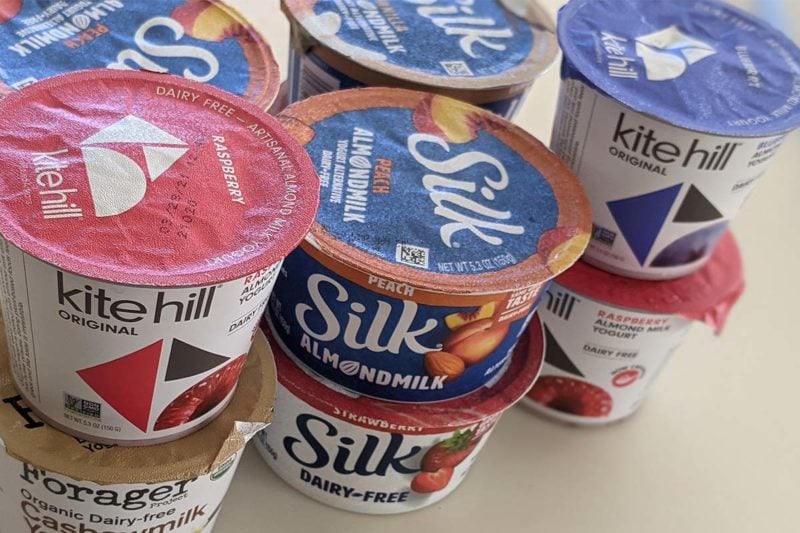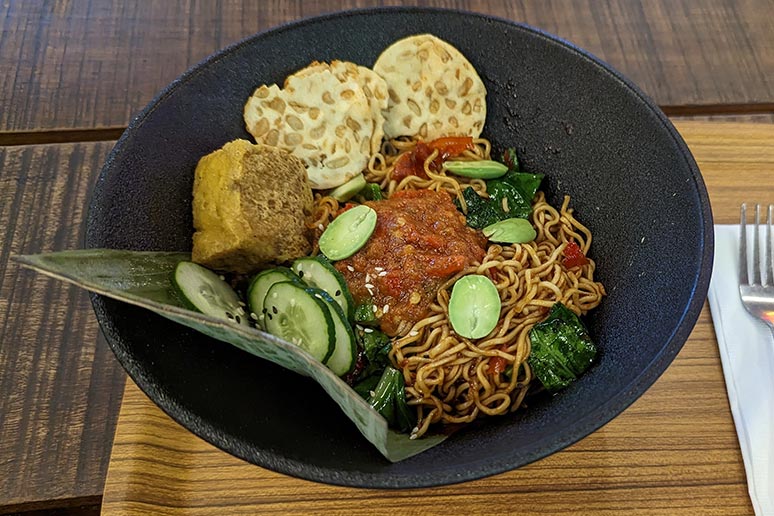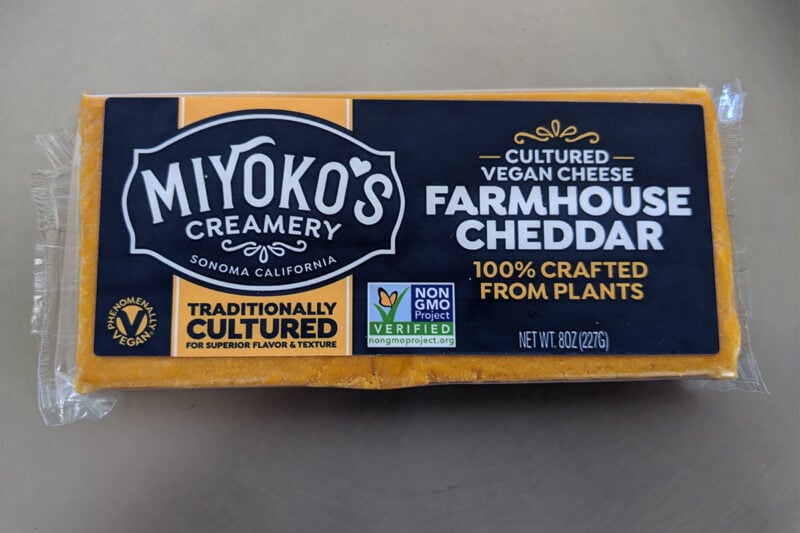I just watched Episode 2 of Jamie Oliver’s Food Revolution. Last time around, after watching the first episode, I announced I was hooked. And now, even more so.
I can’t begin to tell you how shocked I am that I find this show of interest, since it combines two television genres that I normally find intolerable: it’s a reality show merged with a cooking show. Turn on Survivor or The Real World or The Osbournes and I couldn’t go three minutes without fleeing the room—I haven’t got time to do a tenth the things in my life that interest me, so I certainly don’t have time to sit passively and watch other people live their lives. The same goes for cooking shows—I find them all unwatchable. On the rare occasions that I want to prepare something fancy, I’m more than capable of following a cookbook recipe that I’ve picked out.
So why on earth would this Jamie Oliver show hold any appeal—since it’s a mashup of the two television genres I most detest? The genius is that by combining these two genres it transcends them both. The reality aspects of Food Revolution aren’t about manipulating others for personal gain or social advancement. And the cooking aspects of this show aren’t about spicing a chicken cacciatore just right so you can end up making a Rachel Ray O face while exclaiming “Yummo!”
No, this show has a point. And while the Food Revolution is not at all geared to vegans, it’s a show that every vegan advocate needs to see.
I’ve got no interest in Oliver’s cooking skills, nor any knowledge of where he ranks in the pantheon of celebrity chefs. What makes Oliver so compelling to me isn’t his cooking background, but his masterful social skills. In his Food Revolution, Oliver holes up a West Virginia town that has America’s highest obesity rates, and he vows to change the culture of food. Oliver is wise enough to recognize that this isn’t accomplished through preaching, but through listening.
Social change, above all, requires persistence. Nearly all of Oliver’s efforts in Episode 1 failed miserably. His fancy lunches were tossed out by six-year-olds who were only accustomed to eating breakfast pizza and chicken nuggets. He met privately with an obese family and taught the mother how to cook simple, nutritious meals—only to discover that the family reverted back to eating junk food the moment he walked out of the house. He tried to win over the town’s main radio host and the lead school lunch worker, only to be rebuffed and ridiculed.
And it’s through this adversity that the show becomes compelling: we see Oliver’s ability to keep going back to the drawing board, and rejigger his approach until he succeeds. He clearly isn’t focused on the ratings of this TV show—his heart is totally given over to discovering whatever it takes to help the people of Huntington revamp their diets.
So how does Oliver begin to accomplish this? Not simply by listening, nor by developing strategies, but by caring. In this sense, he’s a lot like Gary Vaynerchuk—who constantly stresses that there’s no substitute for caring: that it’s infinitely better to have deep and solid connections with a hundred people than it is to have a million Twitter followers. And it’s hard to imagine Oliver doing a better job of showing he truly cares. He shows it when he twice extends olive branches to the local radio host, only to get spurned and insulted on the air. He shows it when he constantly reaches out to the manager of his school’s lunch program, only to see her turn her back on him and walk away. He shows it when he dresses up in a ridiculous pea pod costume in an effort to educate a bunch of six year olds about good food choices.
Throughout the show’s first two episodes, time and again we see Oliver in situations where it would be appropriate for him to lose patience and lash back at his tormenters. But instead, he kills them with kindness, and by the end of the second show, you start seeing his opponents turning into allies.
There are people in the vegan community who think you can impose a moral baseline on others, and basically judge them into going vegan. It’s a horrifying approach, and one bound to do more harm than good. Jamie Oliver, by contrast, shows an approach to activism that will work even in a place like Huntington, West Virginia. And the strategies that work there will work anywhere.
Now it must be said that this is not a vegan show. All Oliver is trying to do is to switch the food culture from eating a lunch of chicken nuggets, french fries, and chocolate milk over to something slightly more sane: say, roasted chicken, sauteed green beans, and fruit. But by beginning to introduce a level of sanity to how people eat, he’s setting the stage for subsequent rounds of change.
I think back to when I was twenty, and how impossible a vegan diet seemed to me. I had no cooking skills, and no consciousness of the consequences of subsisting entirely on Hot Pockets-style garbage. I know firsthand that the hardest part of food activism is getting people to take their first steps. And Jamie Oliver’s Food Revolution is showing us all exactly how it’s done.
This series is going to go for six episodes, and I’m going to blog the four shows that remain. ABC is putting every show online with limited commercial interruption. I urge you to watch every show in this series—it will make you a better activist.


